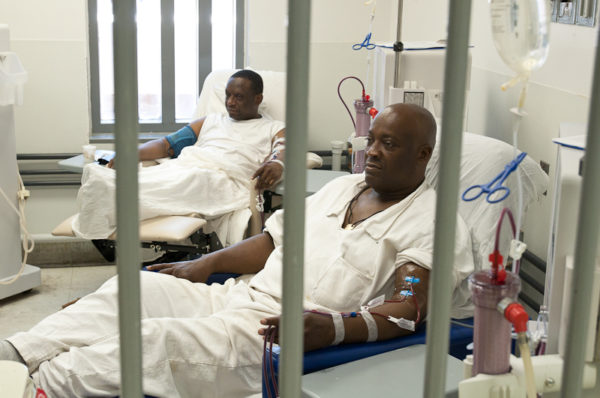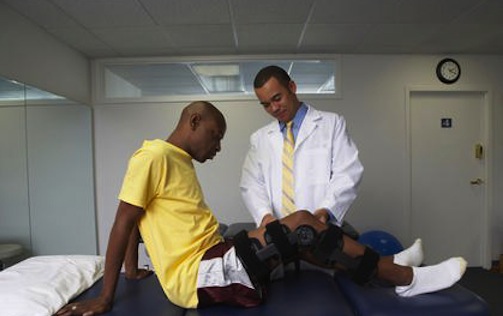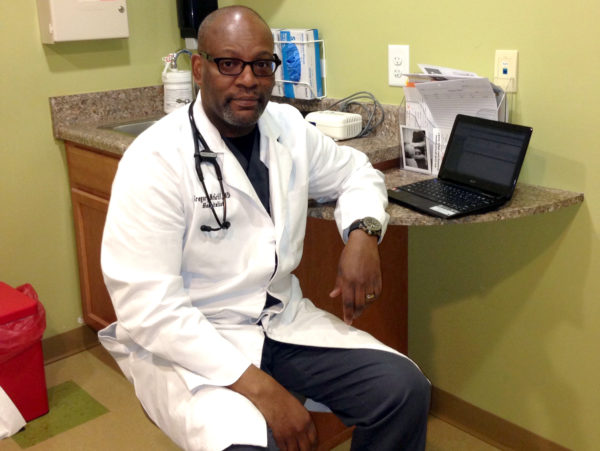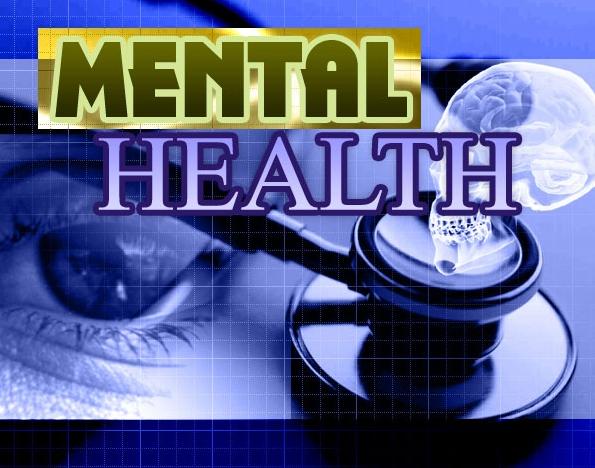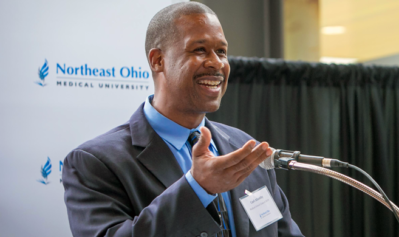Better Health Care in Prison
Researchers from the Journal of the American Medical Association concluded that African-American males in their teens and 20s receive few benefits from health care spending. Boston Medical Center’s Dr. Stephen Martin, a co-author of the report, says they have a better chance of surviving in prison than on the street. “Your odds of dying are half in prison what they’d be on the street, because you have the things that you need to stay alive and stay healthy — you have nutrition, you’ve got a roof over your head, you’ve got medical care that’s accessible and guaranteed by the Constitution.”
A study conducted by Janice Blanchard and Nicole Lurie and published in the Journal of Family Practice pointed out that almost one in six Black people experienced disrespectful treatment from their doctor, leading them to be significantly less likely to get a basic yearly physical completed. Black men in those cases were far more resistant to the disrespect. Those experiencing mistreatment were also less likely to follow a doctor’s advice, receive needed care and/or receive optimal care.
A 2005 study that was published in the Annals of Family Medicine indicated that Black patients are 140 percent more likely to give their physician an excellent rating if the doctor was Black versus another race. Because Black doctors in the United States represent less than 4 percent of physicians means that Black patients have a much higher likelihood of being dissatisfied with their doctor than white patients and, therefore, will not return for needed visits.
Alice Green, director of the Albany Center for Law and Justice, related the prison system that is inundated with Black men to poor health care. “Black males are dying in prison at a rate three times that of whites from AIDS,” she said. “There’s limited drug treatment. There’s certainly a whole host of infectious diseases, such as hepatitis B and C, TB, sexually transmitted diseases and untreated substance abuse that are rampant in our prison system. These people come back out into the community, 95 percent of the people who are incarcerated do, and so the community has to find a way of continuing whatever health care they do get inside prison.” And that level of health care is not provided.
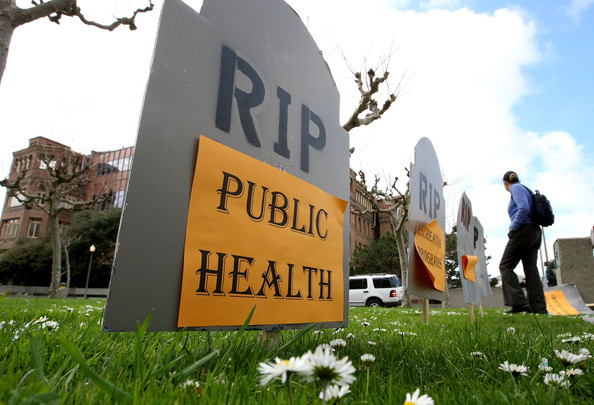
Only three cents of each American health care dollar go to public health – three cents. Compared with medical care, public health and social-support funding have been imploded, according to Boston Medical Center’s Dr. Stephen Martin, and “the lack of social services and effective primary care in communities of color” more than any other race.
Socioeconomic status is the social standing of an individual in terms of his or her income, education and occupational status. Individuals who statistically tend to hold a lower socioeconomic status, like Black men, face more challenges in regards to accessing health care and preventative services, according to the report Racial Discrimination in Health Care Among African Americans in America. “It is challenging for those who live in poverty to gain access to health insurance plans or affordable ones at minimum,” the report said. “And the plans sponsored by State Governments are meager when it comes to care, especially in regards to preventative measures. Mental health problems and the therapy needed by these patients are not typically covered under most of these policies, even though a high proportion of the population living in poverty suffers from mental health disorders.”
